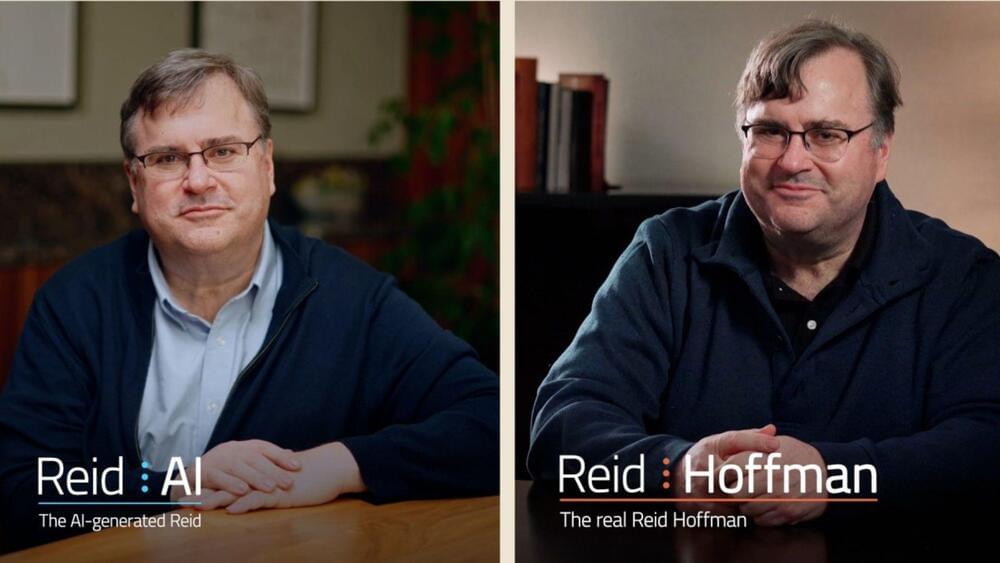
Driving at night might be a scary challenge for a new driver, but with hours of practice it soon becomes second nature. For self-driving cars, however, practice may not be enough because the lidar sensors that often act as these vehicles’ “eyes” have difficulty detecting dark-colored objects. Research published in ACS Applied Materials & Interfaces describes a highly reflective black paint that could help these cars see dark objects and make autonomous driving safer.
Lidar, short for light detection and ranging, is a system used in a variety of applications, including geologic mapping and self-driving vehicles. The system works like echolocation, but instead of emitting sound waves, lidar emits tiny pulses of near-infrared light. The light pulses bounce off objects and back to the sensor, allowing the system to map the 3D environment it’s in. But lidar falls short when objects absorb more of that near-infrared light than they reflect, which can occur on black-painted surfaces. Lidar can’t detect these dark objects on its own, so one common solution is to have the system rely on other sensors or software to fill in the information gaps. However, this solution could still lead to accidents in some situations. Rather than reinventing the lidar sensors, though, Chang-Min Yoon and colleagues wanted to make dark objects easier to detect with existing technology by developing a specially formulated, highly reflective black paint.

















